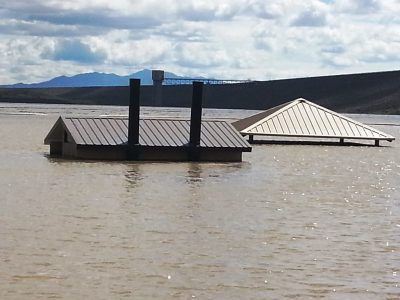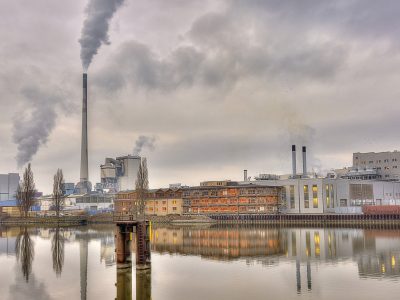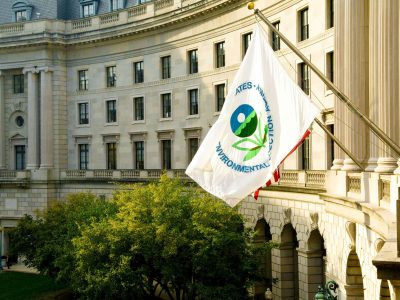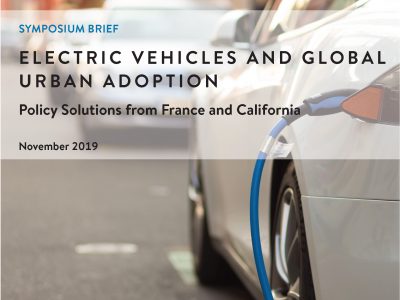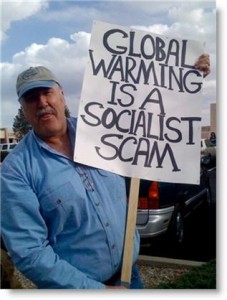Year: 2019
Climate Change and the Insurance Sector: An Overview
The Insurance Industry Grapples With Changing Risks in a Changing Climate
(This post is part of a series on the issue of climate change and insurance that my colleague Ted Lamm and I are writing, inspired by a symposium that the law schools co-organized with the California Department of Insurance earlier this year. You can find more information on the symposium here. Ted’s prior related post …
Continue reading “Climate Change and the Insurance Sector: An Overview”
CONTINUE READINGLow-Hanging Fruit
A powerful metaphor can be illuminating, but it can also be highly misleading.
The idea of long-hanging fruit is ubiquitous in environmental policy — sometimes in the form of a simple metaphor, other times expressed in more sophisticated terms as an assumption of rising marginal costs of pollution reduction. It’s an arresting metaphor, and one that can often be illuminating. But like many powerful metaphors, it can also …
Continue reading “Low-Hanging Fruit”
CONTINUE READINGLearning Lessons from Los Angeles’s TOC Program
Challenges and opportunities as TOC continues to drive affordable housing production
I’ve written before about Los Angeles’ Transit Oriented Communities (TOC) Program, an inclusionary housing program designed to allow for increased density in residential and mixed-use projects near major transit stops in exchange for a developer commitment to include a set percentage of affordable housing units in those projects. Since implementation began in late 2017, the …
Continue reading “Learning Lessons from Los Angeles’s TOC Program”
CONTINUE READINGWhy Don’t States Implement the Polluter Pays Principle?
An economic analysis suggests why not
Some time ago, I was thinking about the “polluter pays” principle of international environmental law. In this, the source — not its receiving victim — of pollution or other environmental harm should pay for any remediation done and for ending the pollution. Yet despite the principle’s normative appeal, countries (or “states” in the language of …
Continue reading “Why Don’t States Implement the Polluter Pays Principle?”
CONTINUE READINGClimate Policy at Midcentury — Africa
If we’re not careful, African emissions could rival those of China and India today.
If current projections hold and nothing is done to change the trend, Africa could emit as much carbon as the U.S. or even China today. We can’t allow that to happen.
CONTINUE READINGEPA’s Draft Update to Its “Science Transparency Rule” Shows It Can’t Justify the Rule
EPA Cites an Inapplicable “Housekeeping Statute” to Justify Its Rule to Limit the Use of Science In Important Regulatory Decisions
Over a year ago, EPA issued a proposed rule , ostensibly to promote transparency in the use of science to inform regulation. The proposal, which mirrors failed legislation introduced multiple times in the House, has the potential to dramatically restrict EPA’s ability to rely on key scientific studies that underpin public health regulations. The rule, …
CONTINUE READINGElectric Vehicle Law & Policy Solutions For France & California
New CLEE symposium brief released today based on June 2019 conference
UC Berkeley Law’s Center for Law, Energy and the Environment (CLEE) is today releasing a new report on lessons learned to advance electric vehicle (EV) deployment in France and California. Electric Vehicles and Global Urban Adoption: Policy Solutions from France and California is based on a June 2019 international conference at UC Berkeley, co-sponsored by …
Continue reading “Electric Vehicle Law & Policy Solutions For France & California”
CONTINUE READINGDear Denialist . . .
It was fun while it lasted, but now it’s time to move on.
Dear Denialist, I’ve addressed you from time to time on this blog, in the hope of persuading you to consider the evidence. To tell the truth, I have no way of knowing whether you are a hack fronting for an oil company, an operative somewhere in Russia or Eastern Europe, or even some kind of …
Continue reading “Dear Denialist . . .”
CONTINUE READINGA New Tactic in Climate Change Litigation
Unlike past lawsuits, a recent one may be able to accomplish more
Last week, closing arguments were presented in a potentially important climate change lawsuit, the People of the State of New York v. Exxon Mobil Corp. Such climate legal action seems increasingly common, or at least visible. In the US, 21 youths have brought a lawsuit against the federal government and fossil fuel companies for failing …
Continue reading “A New Tactic in Climate Change Litigation”
CONTINUE READINGEPA v. the Inspector General
Surprise, surprise, EPA has tried to stonewall an investigation.
EPA’s Acting Inspector General Charles J. Sheehan took the extraordinary step last week of notifying Congress that EPA was stonewalling his investigation of potential misconduct involving EPA’s Chief of Staff. This was a gutsy move for Sheehan, especially given the extra vulnerability created by his Acting status. Sheehan, it is worth noting, is a career …
Continue reading “EPA v. the Inspector General”
CONTINUE READING



